Your guide to skin concerns
Get an overview of the most common skin concerns and learn how to identify whatever skin concern you're dealing with.
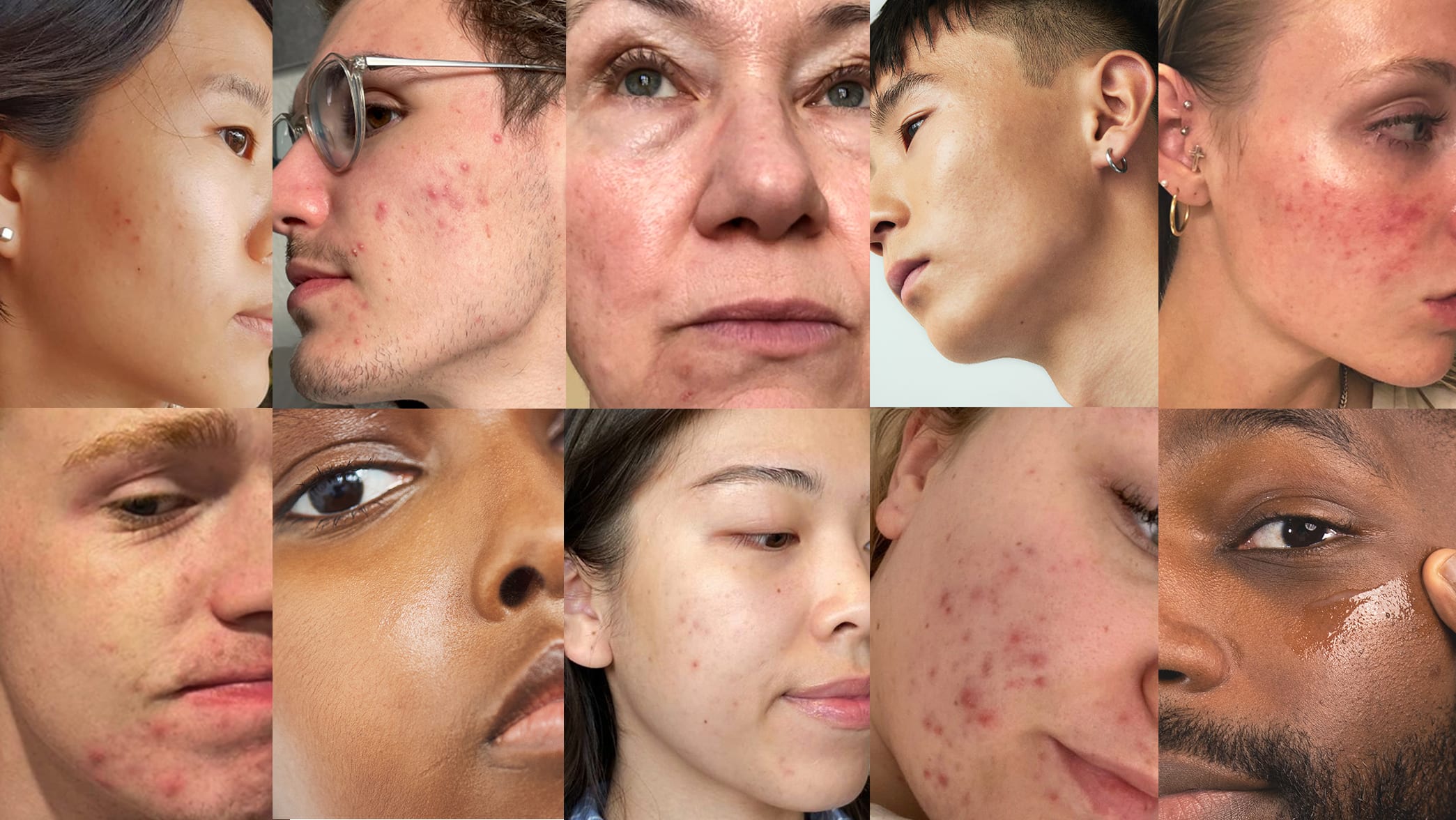
The 7 most common skin concerns
The term “skin concerns” is interpreted in many different ways - probably due to the fact that the many topics regarding the skin can fit into many different categories.
For example: Most often, we’re taught that oily skin is a type of skin - but if you ask a skincare professional, they might see oily skin as a symptom of combination skin. And even though many people would consider uneven skin tone as a skin concern, it’s also a result from a series of other conditions such as acne.
So how do we categorise these topics at NØIE?
Good question, thanks for asking!
We talk about skin concerns as being all the issues that you’re dealing with in relation to your skin, whether those concerns are small or big or a result of some other concern or condition.
It’s important to say that some skin concerns can be quite severe for some people, and are likely to be considered actual medical conditions. This is often the case of conditions like eczema, psoriasis, rosacea, and sometimes acne.
So… why did we just spend so much time talking about this? Well. Along with your skin type, your specific skin concerns are many times the key to figuring out your skin’s needs.
But! Before you get there, you might have to identify your skin’s concerns.
Although the list of different skin concerns and conditions out there is very long, these are the 7 most common skin concerns we see here at NØIE: Acne, eczema, psoriasis, rosacea, premature aging, hyperpigmentation, blackheads, and uneven skin tone.
Let’s dive in.
Acne
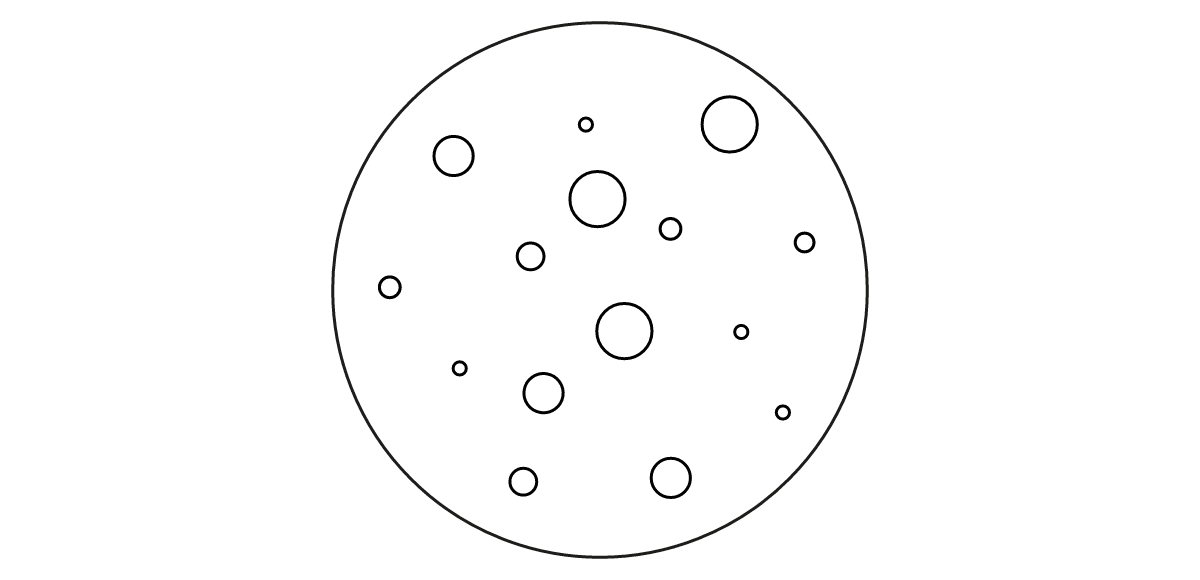
Acne. Most of us have had the no-so-pleasure of having some type of acne at some point in our lives.
Understanding acne is complex and you probably wouldn’t get much out of us telling you that acne is an interaction between abnormal follicular differentiation, androgens, sebum and the microorganism, Propionibacterium acnes (P. acnes) in the sebaceous follicles.
Instead, we’ll say this: People with acne tend to experience a higher level of sebum production, and that severity of acne is generally connected to the amount of sebum you produce, because it leads to clogged pores.
Which leads us to a very common misconception of acne: That it’s a teenage thing. Let’s just kill that off right away. It’s not.
Understanding what acne is though is still a work in progress. It’s relation to lifestyle (diet, daily activity, etc.) has been studied time and time again, and has to some extent proven to have an impact on acne. But the unfair truth is that people who follow a healthy diet and exercise regularly still get acne while others who regularly eat junk and skip the gym, yet still have flawless skin.
The unfairness might be rooted in - you guessed it - their genes. And even though it might sound like mission impossible to get rid of acne, there are still a few things you can do: Using the right skincare for your skin, alongside embracing a healthy lifestyle which in our opinion includes a balanced diet, enough sleep and general movement.
This was barely scratching the acne-surface (although you shouldn’t be scratching your acne!). You can read a lot more about the different types of acne in this (very long) blogpost.
Eczema
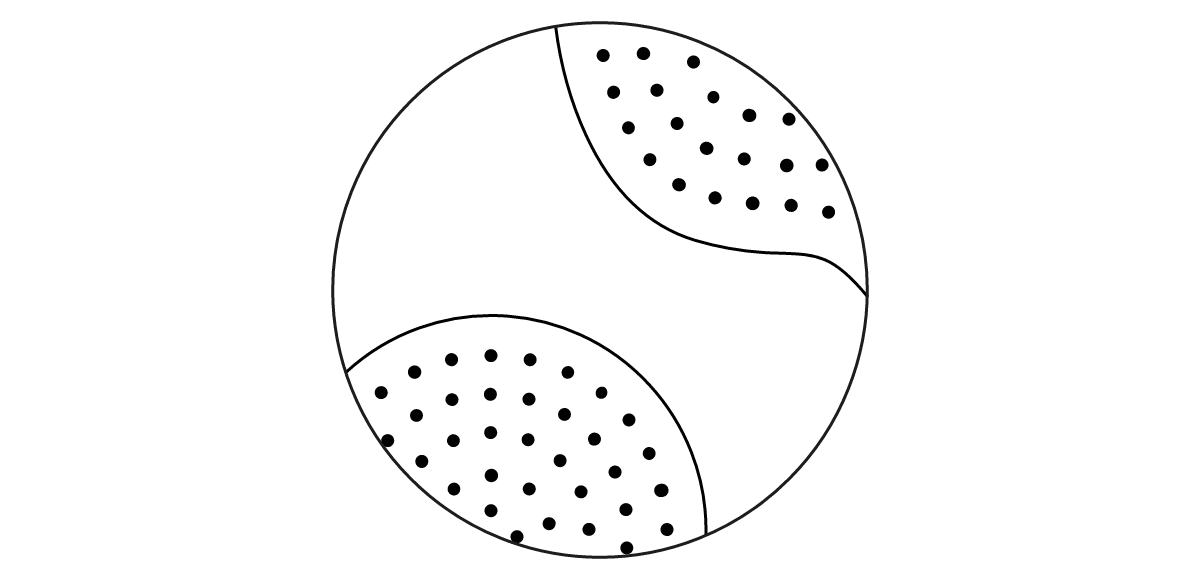
If you have eczema, you’re probably all too familiar with the following symptoms: dry skin, red rashes and occasional infections. And itchiness. Oh, the itchiness!
It might even have had a direct impact on how you live your life.
Eczema is a common (and unfortunately chronic) medical skin condition that usually happens because the outermost layer of the skin (tip: call it the epidermis if you wanna sound smart) is disrupted, leading your skin’s barrier to be compromised.
If you’re unsure whether or not your rash is a rash or your rash is in fact eczema, try and keep track of when you experience the dryness and itchiness, because eczema typically flares up during the winter.
Also, you should pay attention to where they appear on your body, since the eczema kinda moves around and expands as you get older, which sort of sucks. So, if you’re a teenager or an adult though, it can appear more or less anywhere on the body, but keep special attention to your face and neck, and around the eyes.
Oh, and there’s also many different types of eczema, but to keep this short and sweet, we’ve made this little guide to eczema.
Uneven skin tone
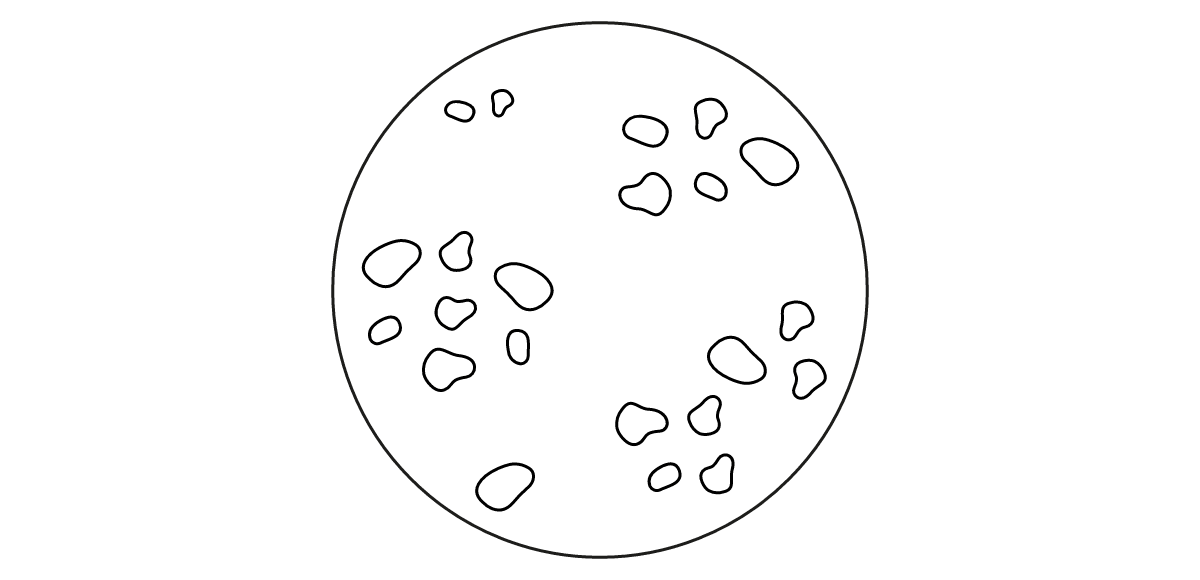
An even skin tone is probably very high on many people’s skin wish list. And we get it. Silky smooth appearance and all that. But reality is that the skin is affected by so many things, internally and externally, making an uneven skin tone a fairly common skin concern (bohoo).
“Uneven skin tone” can be seen as a wider term for a lot of different skin concerns affecting the tone of the skin - the pigmentation. So when you hear people talking about hyperpigmentation or sun spots or liver spots or even melasma, uneven skin tone is generally the skin concern they’re talking about.
Without giving too many sciency details (trust us, it’s like a jungle but with long and fancy words instead of trees), changes in your skin tone can be caused by a series of other super common things that happen to our skin. For example sun damage, picking spots and acne scarring (which you might have heard of as post inflammatory hyperpigmentation. Or not).Are you struggling with hyperpigmentation? Look no further - we've gathered everything you need to know!
Psoriasis
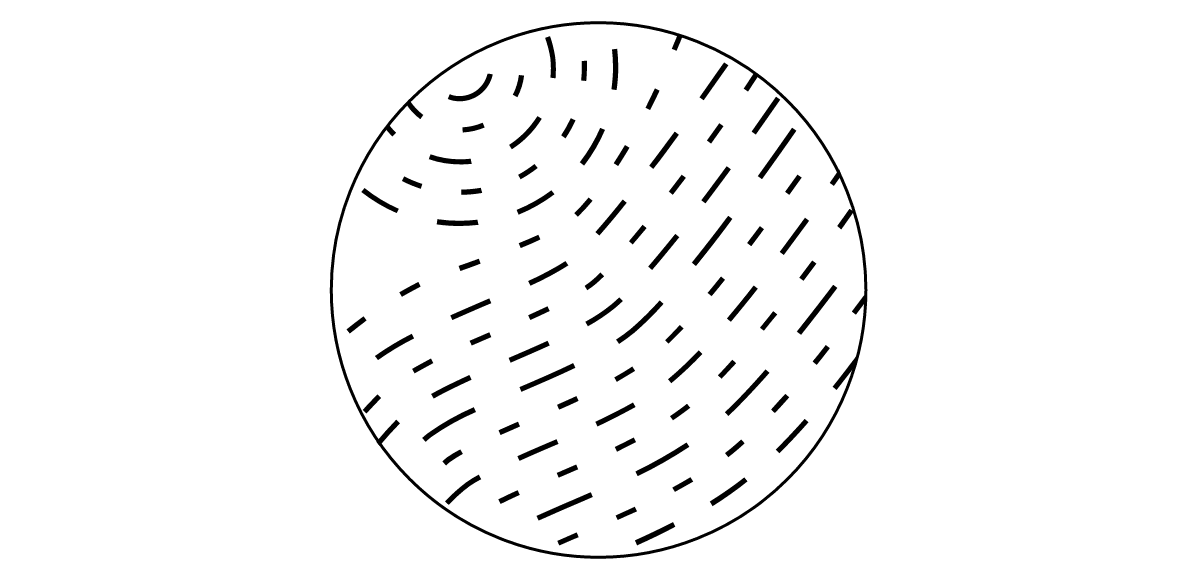
Psoriasis is an immune-related inflammatory skin condition. And much like eczema, it usually shows by dry, red, itchy and scaly skin patches around your body.
If you’re experiencing these itchy, flaky patches of skin, you might be wondering: how the h… do I tell the difference then? Well.. With eczema, the affected skin is often thinner, less demarcated, and less scaly than with psoriasis. Also, eczema tends to occur in places that are not common for psoriasis: The chubby parts of babies' arms and legs, skin folds at the knees and elbows and in adults, it is often on the face, neck, and hands, whereas psoriasis can be found everywhere on the skin.
Even though the precise cause of psoriasis is unknown, we can tell you that both genetics and environmental factors play a role in the game of who gets it and who doesn’t.
With psoriasis being an immune-related skin condition, the symptoms actually begin inside the body’s immune system. There’s a very sciency explanation about this, but for the sake of simplicity, we’ll skip to the “what-can-I-actually-do-about-it?”-part:
Although psoriasis is a medical condition, there are several things you can do to manage the flare ups of psoriasis (we've actually written an entire blogpost about it). Applying moisturiser on a daily basis can help with relieving (and in some cases even prolonging the remission periods between) flare ups, although prescription medication is necessary in some cases. But you should talk to your general practitioner or dermatologist about that.
Premature aging
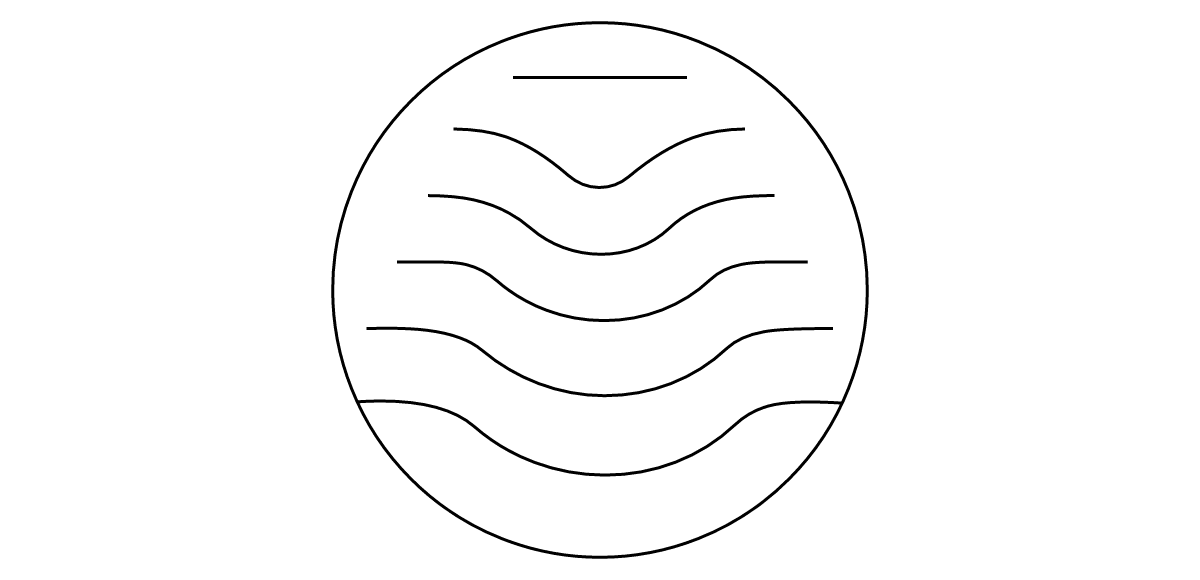
Aging can be a sensitive subject for many people. So having your skin show proof of aging directly in your face and reminding you everytime you look in the mirror, is (unsurprisingly) affecting a lot of people.
Signs of aging often include fine lines and wrinkles, dark and red spots (also referred to as hyperpigmentation by skincare enthusiasts), sagging skin and dehydrated skin.
Well, premature aging is when the skin is trying to get away with these things. Just, you know, prematurely. Very uncool.
Nevertheless, it happens. Normally, fine lines and wrinkles start showing up, when we’re in our early 30s (also very uncool), and so premature aging will show up earlier than this (duh).
And while aging will happen to all of us at some point, there are a few external factors known to be speeding up this process, causing our skin to age prematurely. Excessive sun exposure and smoking being the two biggest culprits - but you can read more about that here.
Blackheads
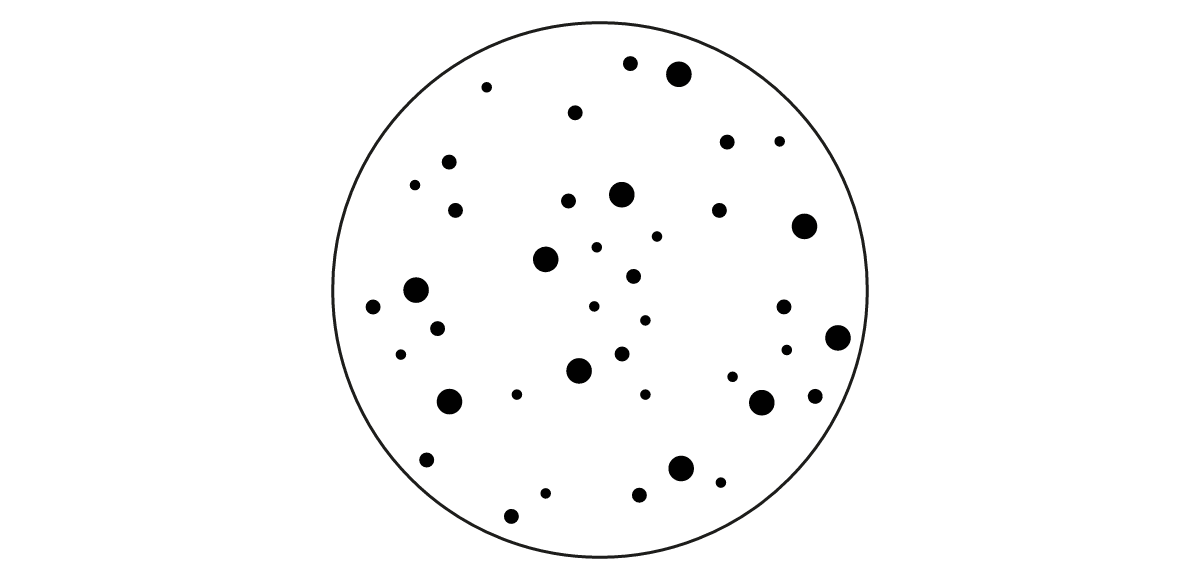
Blackheads are something that so many of our NØIE users deal with and a skin concern that’s very common in general.
They’re not really painful, but the reason they annoy us so much is because they’re black. Hence the name. And that means that they’re quite easy to spot if they pop up.
As you may know, our face is covered with super light, feathery hairs that are more or less visible from person to person. Each hair is rooted in a hair follicle - and if those follicles clog up with dirt or oil or whatever greasiness that might be on your face, that’s when you’re at a risk of forming blackheads.
It also means that some people are more likely to experience blackheads based on their skin type - like people with oily or combination skin. Luckily, a good skincare routine (we recommend exfoliation in your fight against blackheads) can help you manage your skin and say “bye bye blackheads”. For the most part. If you have oily or combination skin, blackheads are naturally more visible on your skin. Take a look over here to learn more about blackheads.
Rosacea
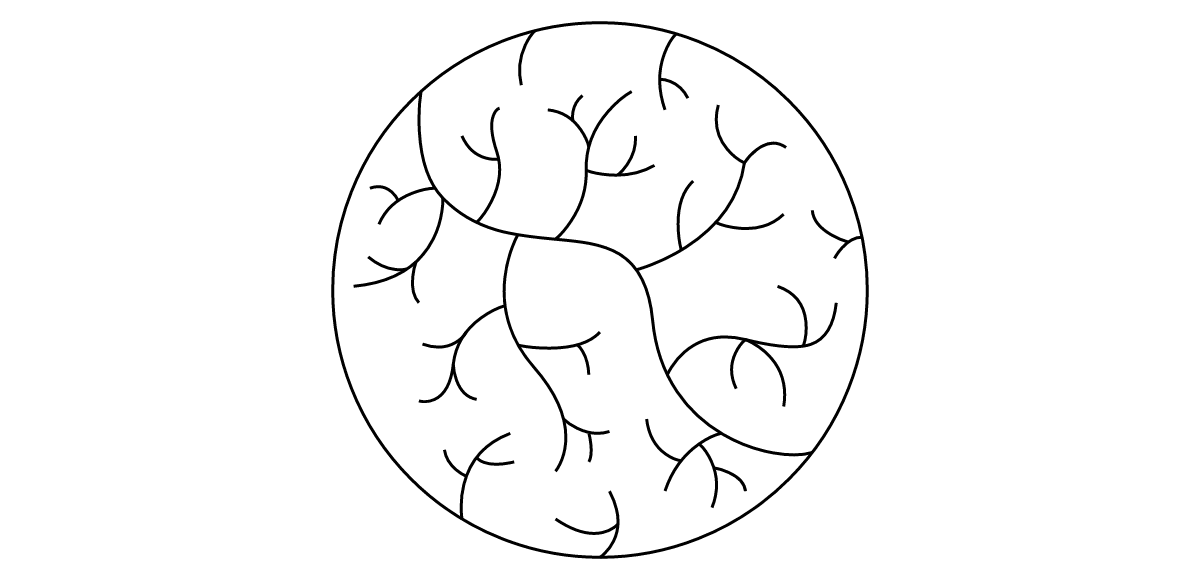
Rosacea.. Yet another chronic inflammatory medical skin condition that leaves the skin red. But unlike eczema and psoriasis, rosacea isn’t necessarily an itchy nightmare. Instead, the action is happening in the blood vessels of the face, resulting in the appearance of constant flushing and telangiectasia (which in human words is known as “spider-veins” which makes total sense if you Google it).
Rosacea is common and affects around 10% of people with fair or light skin. And although many people deal with rosacea, it’s still kind of a mysterious skin condition as to why it occurs in the first place.
If you’re dealing with rosacea, the good news is that you’re likely to keep it at bay by monitoring what triggers it and then, well, stop doing those things. The bad news is that there can be quite a lot of triggers with some of the most common ones being sunlight, spicy foods, alcohol, extreme temperatures, hot food and drinks, some types of medicine and also prolonged usage of creams containing steroids.
We've deep dived into triggers and other good-to-know facts about rosacea over here.